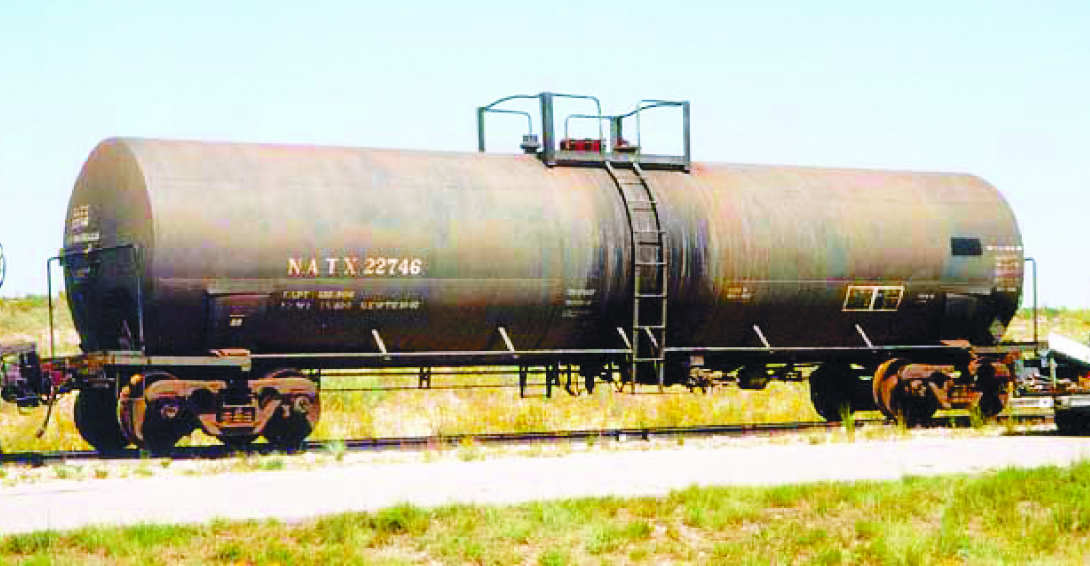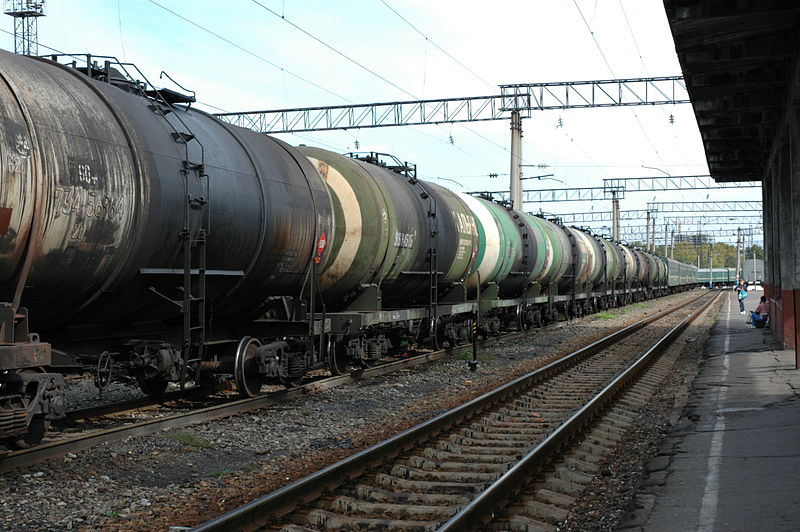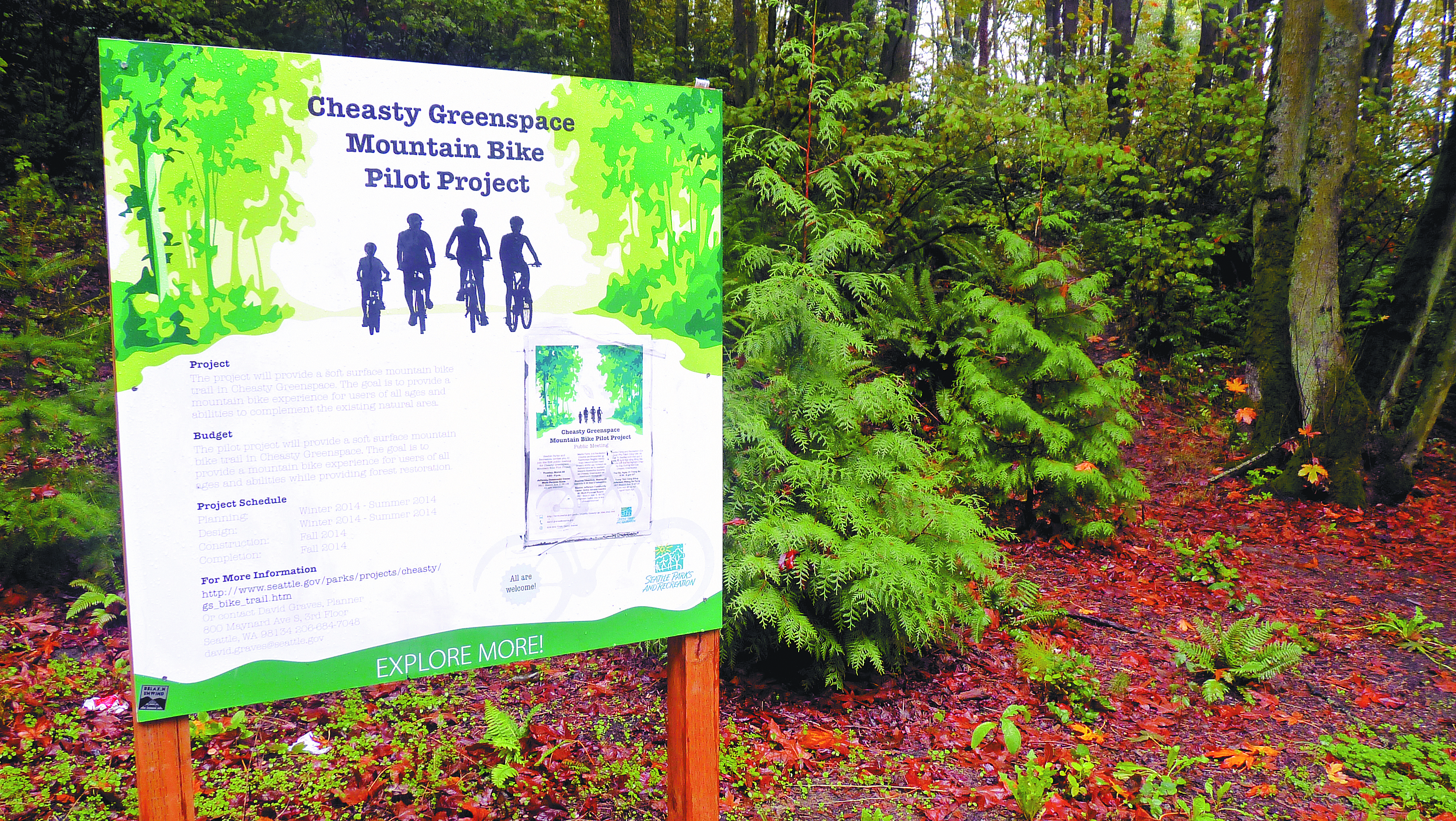Last week, the Washington Department of Ecology held public meetings in Spokane and Olympia. An estimated 900 attended and 200 signed up to comment on the department’s preliminary “Marine and Rail Oil Transportation Study,” which was fast-tracked by the governor with a final report expected in March 2015. The message from commenters was clear: Keep volatile oil (and coal) trains out of Washington. They’re too dangerous, activists contend; any mishaps will affect environmental and human health, and cleanups will be paid for by taxpayers.
While the meetings were ostensibly about oil, dozens of attendees wore red Sierra Club “Beyond Coal Trains” shirts. The two fossil fuels are linked because of their impact on not only the environment, but also on the rails. Both are considered dangerous and flammable—a derailment could lead to deaths and serious pollution. So when they come down the line, all other trains have to stop and let them pass, including passenger trains. Prior to 2012, few oil trains traversed Washington. Now nine percent of imported oil arrives via rail, and that traffic is expected to triple within a few years.
For this reason and others, there were many calls for a moratorium. King County executive Dow Constantine flew to Spokane for the Oct. 28 meeting. In addition to concerns about overall rail capacity and fires, he said, “Oil trains are a bad deal for our people, and they’re also a bad deal for our economy.”
Since it was Halloween week, it was no surprise to see protesters dressed as hunks of coal or the Statue of Liberty, and the heavy police presence added to the fear factor. But the most haunting aspect of the meetings was the ghost of industry.
The usual line from industry, when they speak up, is that oil and coal trains mean jobs—in the oil fields in Canada and Idaho, that is, and for railroad and port workers. But industry didn’t make that point at the meeting.
The oil being transported through Washington is highly volatile Bakken oil. Its volatility could be reduced, but no one from industry explained that, either. Citizens and firefighters alike expressed their concerns that, should an oil train derail and a fire ensue, the capacity of any fire district in the state would be quickly exhausted. In the state’s $300,000 oil-train study, it’s made clear that derailment disasters are expected. But, again, no one from industry said one word to calm fears, or vowed, “We’ll pay if we make a mistake.” E
news@seattleweekly.com






